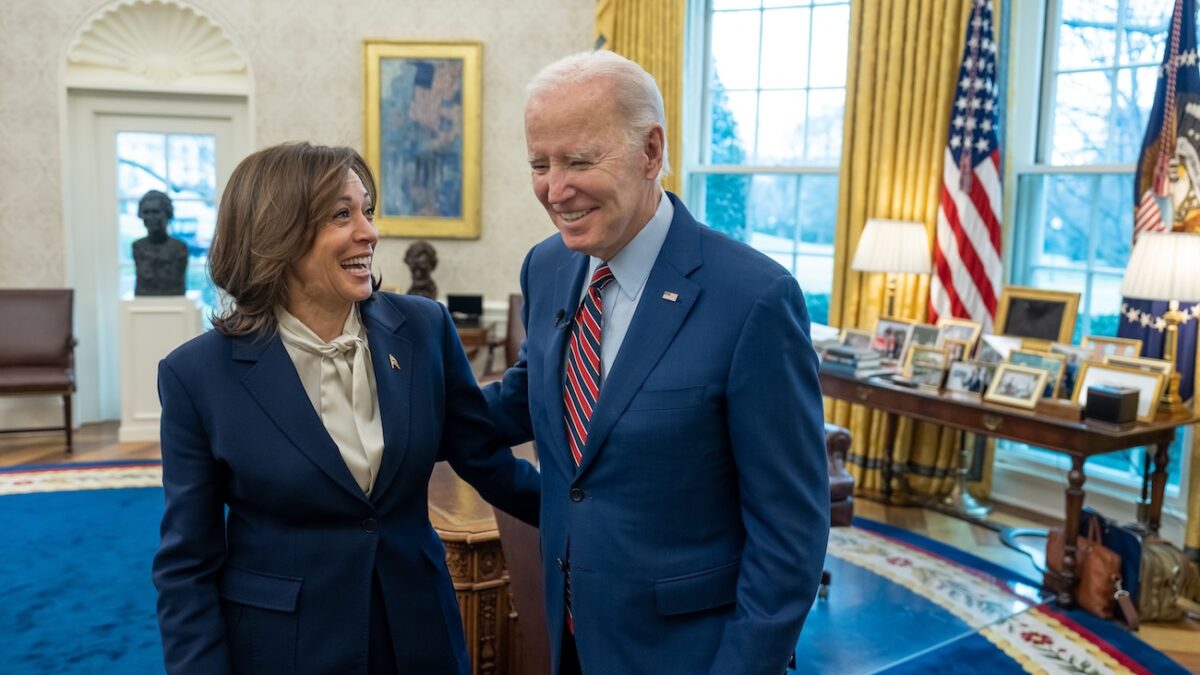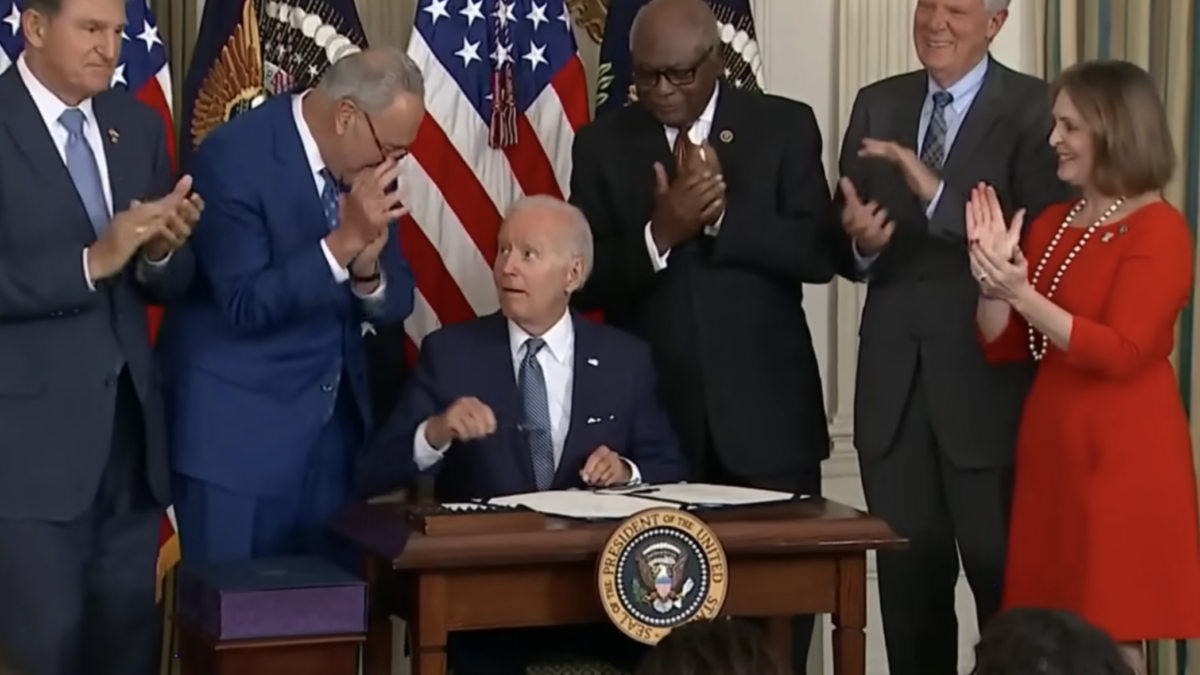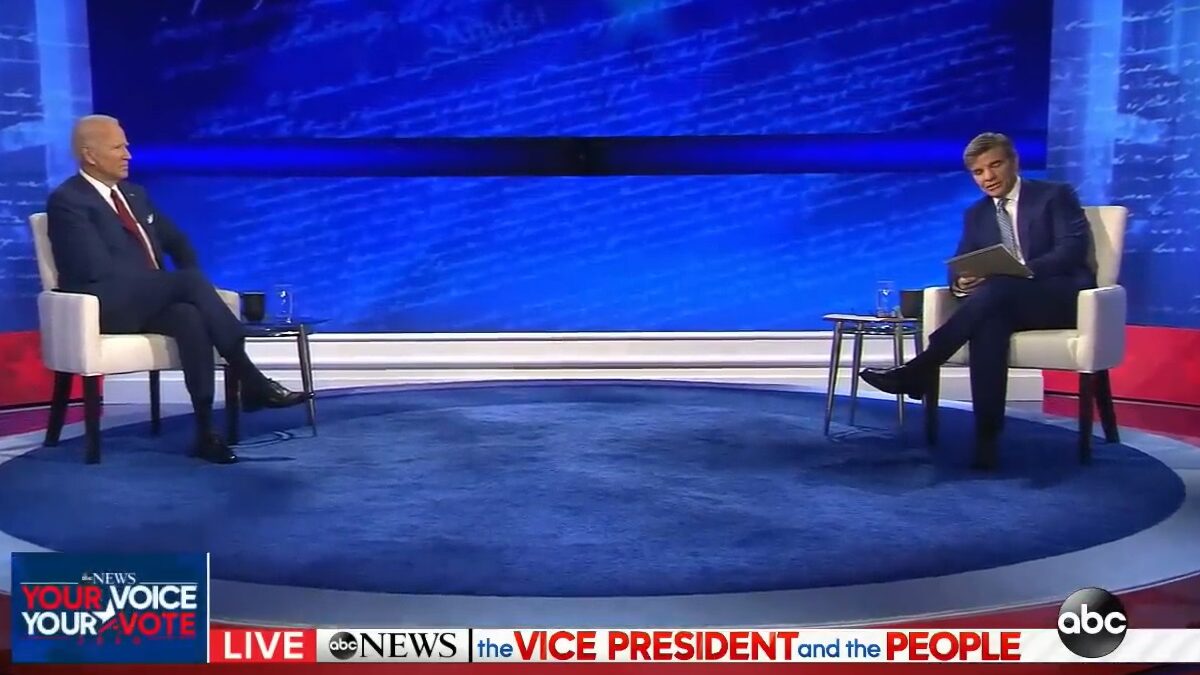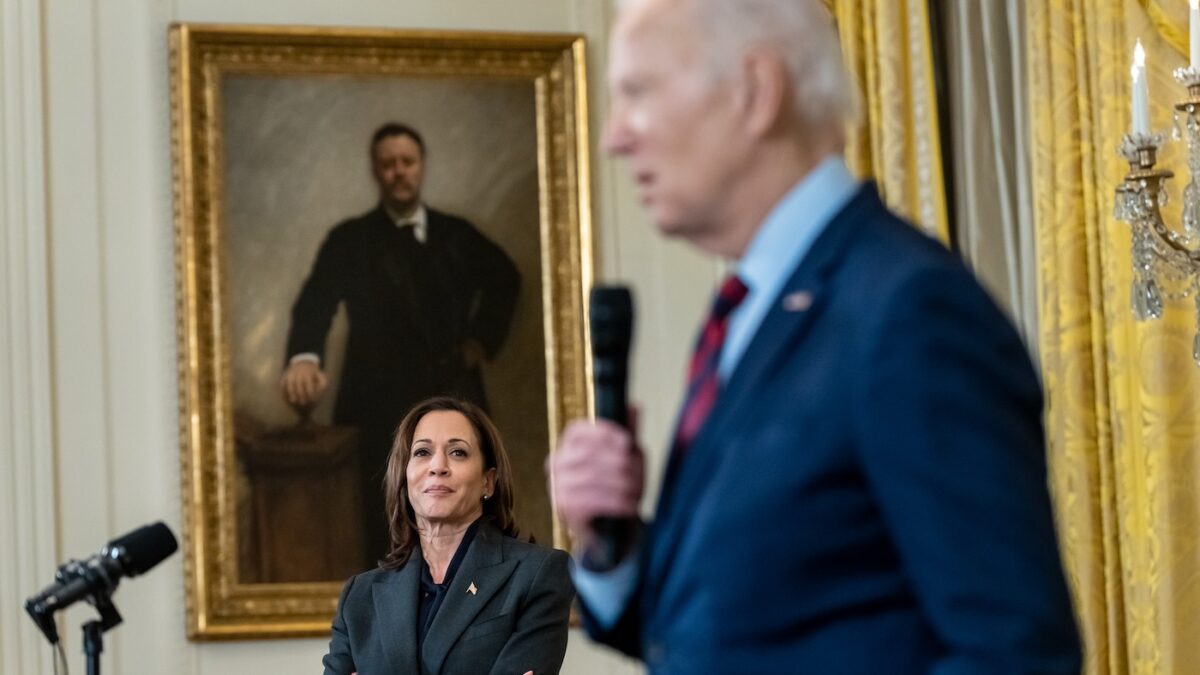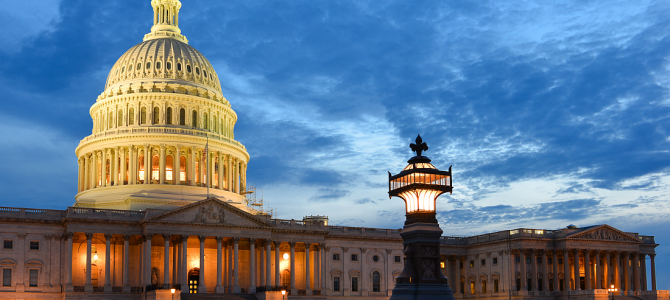
With a little over a month until the 2014 general election, RollCall.com lists a mere dozen (of some 460) elections for national office as competitive (three in the US Senate; nine in the House of Representatives). Never before has Congress been more unpopular and the election of its members been more certain.
With the stakes so low and the approval of a steady forty percent of the American public filling his political sails, perhaps the President can afford to bypass Congress and instead speak directly to his fellow citizens of the world at the United Nations about things closer to his heart than the national interest: his desire to align the United States as a political instrument with the right side of History.
The President’s United Nations address, like so many similar political addresses before it, clearly displays a distorted view of a country so often on the wrong side of History, the stuff of now commonplace politically correct and historically incorrect Advanced Placement exams. The President apparently believes that his role is making history, not carrying out his constitutional tasks in a constitutional manner in an effort to secure the liberty of his fellow citizens.
Many members of Congress have bought into this false narrative, excusing themselves from carrying out their constitutional duties and thus weakening institutional supports so fundamental to our national prosperity—like the rule of law, federalism, and the separation of powers.
Two years into President Obama’s tenure, with this problem in mind, we suggested that every presidential candidate adopt the “Constitution” pledge, “promising to present a hand-written copy of the Constitution to the Chief Justice as he rises to take the oath of office.” Some of our readers suggested that all national officeholders produce their own hand-written copy of the Constitution–we heartily agree.
But given that time is short between now and the election, we’ll propose a second, less time-consuming challenge for candidates running for national office: a five-question multiple choice quiz. Since the Senate is where most of the (limited) action is this election season, we’ve provided, as a template, such a quiz for U.S. Senate candidates, drawn mostly from Federalist essays 62-66. If your state’s candidates won’t take it, take it yourself. Constitutional government, after all, begins with a constitutionally-literate citizenry–despite the IRS’s fears.
Don’t worry: you (probably) won’t have to report your score.
Question 1: Which phrase best describes the legitimate (legislative) powers of the federal government?
- A. “expressly delegated”
- B. “few and defined”
- C. “numerous and indefinite”
Answer: B. This is the phrase James Madison uses in Federalist 45 to describe the sum total of federal power. Answer A is from the Articles of Confederation description of federal power, which proved to be dangerously unworkable in two ways: it required the Congress either (1) to forebear exercising powers needed to ensure the solvency and security of the United States or (2) to read those powers into the Articles, undermining the rule of law (see Federalist essays 41-44). The language of the 10th Amendment carefully avoids this error by dropping the term “expressly” (“All powers not delegated…”).
If you chose C, we understand. You probably assumed you could judge the legitimate powers of the government by the powers it is actually exercising. Unfortunately, in this world of $21 million dollar Homeland Security earmarks for the “National Exercise Program” and Supreme Court readings of the Commerce Clause wide enough to justify them, the is and the ought of federal government powers are miles apart.
Note to would-be Senators: if you win, you swear an oath to uphold the Constitution, not the baseline budget or the Court’s Wickard-line monstrosities.
Question 2: Why do we have a Senate in addition to the House? (choose all that apply)
- A. to protect the privileges of the few at the expense of the many
- B. to promote stability in the laws
- C. to counter the tendency of a single legislative body to faction and passion
The correct answers are B & C, which are among several advantages of a bicameral legislature described by Madison in Federalist essays 62 and 63. Madison argues, in fact, that without a Senate, the law would change rapidly–“a state of things in which it may be said with some truth that laws are made for the few, not for the many.” Senators should be the guardians of the people against the machinations of the well-connected and the partisan, not the friends of rent-seekers.
If you chose A, you’re either reading too much Howard Zinn or taking the new AP U.S. History course (but we repeat ourselves).
Question 3: Why does the Senate have a role in foreign affairs? (choose all that apply)
- A. Because its members are few enough and long-serving enough to have a concern for the nation’s character
- B. Because its members are expected to have a due sense of national interest and the wisdom to identify the means to promote it
- C. To serve as representatives of the views of the “international community”
If you chose A and C, you might be a starry-eyed Wilsonian, but you’re still partially correct. Madison cites A in Federalist 63 while John Jay argues for B in Federalist 64. Was Madison an early believer in President Obama’s imaginary friend, the “international community”? C’mon.
But read the opening sentence of the Declaration of Independence again: “ . . . a decent respect to the opinions of mankind requires that they [a ‘people’ who wish to ‘dissolve the political bands which have connected them to another’] should declare the causes which impel them to the separation.” Human beings are moral agents who have to give reasons for their actions.
Senators shouldn’t care whether the UN Commission on Minding Other People’s Business gives American foreign policy its stamp of approval, but they should care if we can’t articulate a reason for our actions that is consistent with the principles of our republic and defensible before the bar of justice. As we argued last week, Senators should be leading the country in deliberating carefully and conscientiously on important foreign policy decisions–not omnibusing their way out of a war vote and then skedaddling out of town.
Question 4: Why do Senators have a role in the appointment of executive branch officials and judges? (choose all that apply)
- A. to discourage the appointment of unfit candidates
- B. to promote home state candidates
- C. to allow for interest group-friendly grandstanding during televised hearings
The answer is A. Alexander Hamilton argues in Federalist 76 that presidents will be discouraged from appointing “unfit characters from State prejudice, from family connection, from personal attachment, or from a view to popularity” by having their choices vetted by the Senate–without allowing the Senate to dictate appointments, since it can only approve or reject the president’s nominee.
Answer B reflects current practice, not constitutional intent. The Senate, as Hamilton’s argument indicates, was meant to discourage presidential parochialism–and the president was given the initial nominating power to prevent legislative parochialism, as Hamilton shows elsewhere in Federalist 76.
Answer C is taken from the (post-Robert Bork) Senate Best Practices Manual (1st edition authored by the late Senator Ted Kennedy).
Question 5: Why was the Senate designated to try impeachment cases? (choose all that apply)
- A. its expected impartiality between accusers (the House) and accused (an executive or judicial official)
- B. its expected fortitude in rendering a just judgment in the face of political or popular pressures
- C. to discourage the use of the impeachment power
A and B are both correct. In Federalist 65, Hamilton argues that Senators, as the representatives “of the nation,” should be “sufficiently dignified” and “sufficiently independent” to “preserve, unawed and uninfluenced, the necessary impartiality between an individual accused, and the representatives of the people, his accusers.” He argues later in the essay that the Supreme Court, the obvious alternative, would not “at all times be endowed with so eminent a portion of fortitude, as would be called for in the execution of so difficult a task.” The Senate, he concludes in Federalist 66, is the best repository for this important power.
Answer C, once again, describes current practice–the practical result of today’s hyper-partisanship. As Hamilton acknowledged at the beginning of Federalist 65, it is very difficult to try impeachment cases in a government “wholly elective,” where “there will always be the greatest danger that the decision will be regulated more by the comparative strength of parties than by the real demonstrations of innocence or guilt.” The impeachment trial of President Clinton certainly demonstrated this point, rendering the power nugatory against officials high and low in the present Administration.
Of course, acing a quiz is only as good an indicator of one’s fitness for office as one’s character allows. Madison, Jay, and Hamilton maintained that Senators, like all national officeholders, were above all moral agents serving under the people’s Constitution. By performing “few and defined” tasks with the nation’s stability and interests in mind and acting as a check against men who did not possess the right character, the U.S. Senate as an institution would help advance the American experiment in self-government.
Bonus question: How’s that going?
David Corbin is a Professor of Politics and Matthew Parks an Assistant Professor of Politics at The King’s College, New York City. They are co-authors of “Keeping Our Republic: Principles for a Political Reformation” (2011). You can follow their work on Twitter or Facebook.


